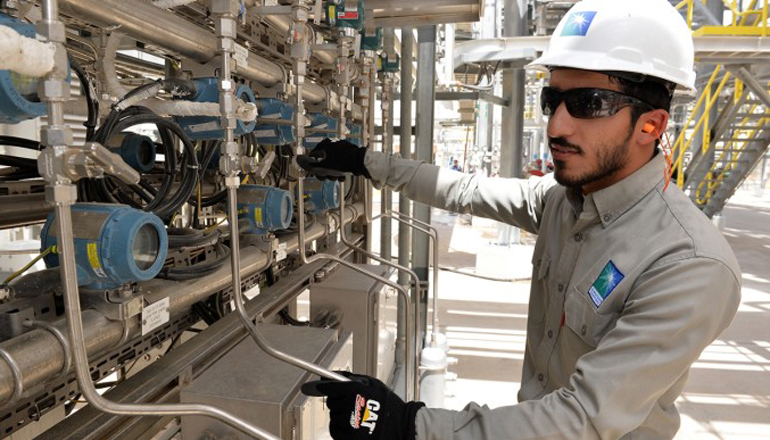Highlights
Economic overview
Stagflation is a problem for countries in sub-Saharan Africa and is proving an obstacle to upstream oil and gas investment.
Nigeria’s central bank raised its benchmark interest rate by 200 basis points in July, to 14%, in a bid to tackle high inflation and shore up the country’s weakening currency. Nigeria’s core inflation rate was 16.2% in June – its highest level since January 2007. However, the interest rate hike has come at a time when the country’s economy is shrinking, which will further dampen growth prospects.
Quarterly and annual year-on-year GDP growth rates
| Q3 2015 | Q4 2015 | Q1 2016 | 2016 | 2017 | 2018 | |
| Qatar | 3.8% | 4.0% | *3.4% | *3.4% | *3.4% | *2.9% |
| Egypt | 3.1% | 3.8% | *3.3% | *3.3% | *4.3% | *4.5% |
| Saudi Arabia | 4.0% | 1.8% | 1.5% | *1.2% | *1.9% | *2.3% |
| Nigeria | 2.8% | 2.1% | -0.4% | *2.3% | *3.5% | *3.9% |
| South Africa | 1.0% | 0.5% | -0.2% | *0.6% | *1.2% | *2.1% |
Angola’s central bank also raised its benchmark interest rate by 200 basis points in July, to 16%, after inflation in the country reached 31.8% in June – its highest level since November 2004. The International Monetary Fund estimates Angola’s GDP grew by 3% on an annual basis in 2015 compared with 4.8% in the previous year. It expects the country’s GDP to grow by 2.5% in 2016 and 2.7% in 2017.
Meanwhile, in East Africa, Mozambique is facing its own set of economic issues, which could dampen investor interest in the country’s oil and gas infrastructure. Mozambique exports gas via pipeline to South Africa and plans to become an LNG exporter in the near future. The country’s inflation rate reached an all-time high of 19.7% in June. Consequently, Mozambique’s central bank increased its benchmark interest rate by 300 basis points in July, to 17.25%, the fourth rate rise this year. Mozambique’s GDP expanded by 5.3% on an annual basis in Q1 2016, lower than the 7.1% seen in Q1 2015.
You must be a subscriber to read this content
Already a subscriber?
If you already have a subscription, sign in to continue reading this article.
Sign inNot a subscriber?
To access our premium content, you or your organisation must have a paid subscription. Sign up for free trial access to demo this service. Alternatively, please call +44 (0)20 3004 6203 and one of our representatives would be happy to walk you through the service.
Sign up


